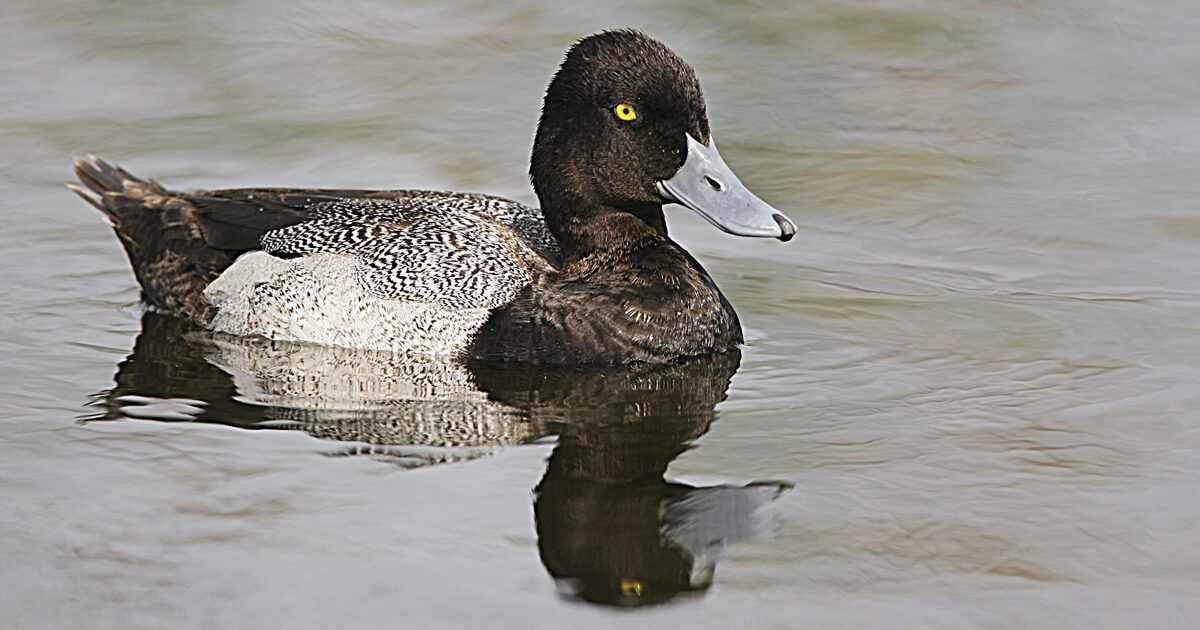
Citizen Enforcement of the Clean Water Act
Our Clean Water Act (CWA50) blog series continues with a short overview of one of the Clean Water Act’s most powerful enforcement mechanisms: the citizen suit provision.
Clean Water Act History
Under the Clean Water Act (“CWA”), the states, the Environmental Protection Agency (“EPA”), and citizens all have enforcement authority. This novel environmental enforcement framework gives states the primary authority for enforcing environmental laws, yet also authorizes EPA and citizens to enforce the CWA when states fail to engage their enforcement duties. The key legal mechanism that allows citizens to enforce the CWA is section 1365, the CWA’s citizen suit provision.
In 1972, Congress enacted the CWA to restore and maintain the chemical, physical, and biological integrity of the Nation’s waters. The major purpose of the Act “was to establish a comprehensive long-range policy for the elimination of water pollution,” declaring a national goal of eliminating discharges of pollutants to navigable waters by 1985. The statute was “ambitious and comprehensive” in its goals. Therefore, to achieve these goals, it was necessary for Congress to expand the scope of who could enforce the CWA. “Congress recognized that past attempts at environmental regulation had failed partly due to inadequate enforcement.” Montgomery at 533. Hence, Congress enacted section 1365—the citizen suit provision.
Section 1365 of Clean Water Act
The CWA’s citizen suit provision expressly authorizes “any citizen” to bring an enforcement action “against any person . . . who is alleged to be in violation of an effluent standard or limitation” under the CWA. 33 U.S.C. § 1365. Citizen suits provisions are common in federal environmental statutes. For example, such statutes as the Clean Air Act (on which Congress modeled the CWA), the Endangered Species Act, the Resource Conservation and Recovery Act (RCRA), and the Comprehensive Environmental Response, Compensation and Liability Act (CERCLA), all contain citizen suit provisions. Importantly, the CWA’s section 1365 citizen suit provision shows a “deliberate choice by Congress to widen citizen access to the courts, as a supplemental and effective assurance that the Act would be implemented and enforced.”
Under the CWA, member organizations, like Wild Virginia, count as “citizens.” In fact, the CWA defines the term “citizen” as “a person or persons having an interest which is or may be adversely affected.” 33 U.S.C. § 1365(g). Therefore, examples of such an interest include: fishing, swimming, boating, nature watching, hiking, and engaging in other aesthetic and recreational pursuits where a person or persons uses or enjoys the adversely affected water body.
Additionally, the CWA permits citizen-plaintiffs to sue for ongoing violations. Importantly, in Gwaltney v. Chesapeake Bay Foundation, the United States Supreme Court concluded that citizen-plaintiffs need not “prove their allegations of ongoing noncompliance” to satisfy jurisdiction. This means that a “good faith allegation” of a CWA violation is sufficient for a citizen-plaintiff to bring a lawsuit. An allegation is made in “good faith” if the citizen-plaintiff alleges an ongoing, continuous or intermittent violation, meaning there is a reasonable likelihood that a past polluter will continue to pollute in the future. As such, citizen-plaintiffs cannot sue for “wholly past” violations.
Moreover, to enable citizen access to the courts, Congress included only two specific statutory preclusions to citizen suits under the CWA. First, a citizen-plaintiff must give notice to the polluting party sixty days before initiating a citizen suit. As the Supreme Court has explained, “the purpose of notice to the alleged violator is to give it an opportunity to bring itself into complete compliance with the Act and thus…render unnecessary a citizen suit.” Second, a citizen-plaintiff may not bring a lawsuit “if the EPA or the State has already commenced, and is ‘diligently prosecuting,’ an enforcement action.” Thus, so long as these preclusions do not apply, the citizen-plaintiff may bring suit.
Wild Virginia’s Work
Wild Virginia has yet to bring a citizen suit to enforce the CWA. Nonetheless, Wild Virginia considers section 1365 an important tool to protect water quality in Virginia.
Sources:
Clean Water Act, 33 U.S.C. § 1365 (2006)
Clean Air Act, 42 U.S.C. § 7604 (2006)
Endangered Species Act, 16 U.S.C. § 1540(g) (2006)
Resource Conservation and Recovery Act (RCRA), 42 U.S.C. § 6972(a) (2006)
Comprehensive Environmental Response, Compensation and Liability Act (CERCLA), 42 U.S.C. § 9659(a) (2006)
Gwaltney v. Chesapeake Bay Foundation, 484 U.S. 49 (1987).
Friends of the Earth, Inc. v. Laidlaw Envtl. Servs. (TOC), Inc., 528 U.S. 167 (2000)
Natural Res. Def. Council, Inc. v. Train, 510 F.2d 692 (D.C. Cir. 1974)
Solid Waste Agency of N. Cook Cnty v. U.S. Army Corps of Eng’rs (SWANCC), 531 U.S. 159 (2001)
Leonard O. Townsend, Hey You, Get Off [of] My Cloud: An Analysis of Citizen Suit Preclusions Under the Clean Water Act, 11 Fordham Envtl. L.J. 75 (1999)
Michael D. Montgomery, Raising the Level of Compliance with the Clean Water Act by Utilizing Citizens and the Broad Dissemination of Information to Enhance Civil Enforcement of the Act, 77 Wash. U. L.Q. 533 (1999)